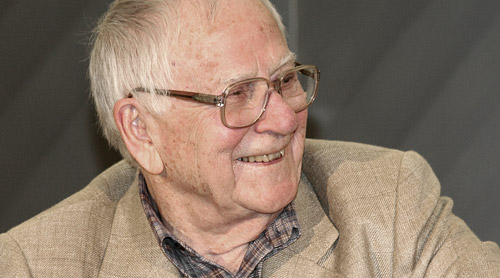
Anthropologist Walter Goldschmidt argues that culture is the product of deep biological mechanisms that came into being by an evolutionary process. Central to Dr. Goldschmidt’s thesis is the recognition of the separate evolutionary origin of what we call love: sexual and nurturant. These ancient heritages demand very different forms of behavior; one essentially competitive and the other concerned with mutuality. Underlying nurturance is the phenomenon of “affect hunger,” an urge to seek the affection that is needed for the proper development of the neurological system in humans and other social mammals. Goldschmidt shows that affect hunger not only provides a reward system for learning language and other cultural information, but also remains a motive for social behavior throughout life.
Dr. Goldschmidt is Professor Emeritus at UCLA in both Anthropology and Psychiatry. He is the author of The Human Career, Exploring the Ways of Mankind, As You Sow, The Sebei, and Comparative Functionalism. He has served as editor of American Anthropologist, Ethos, Journal for the Society of Psychological Anthropology, and was president of the American Anthropological Association.









